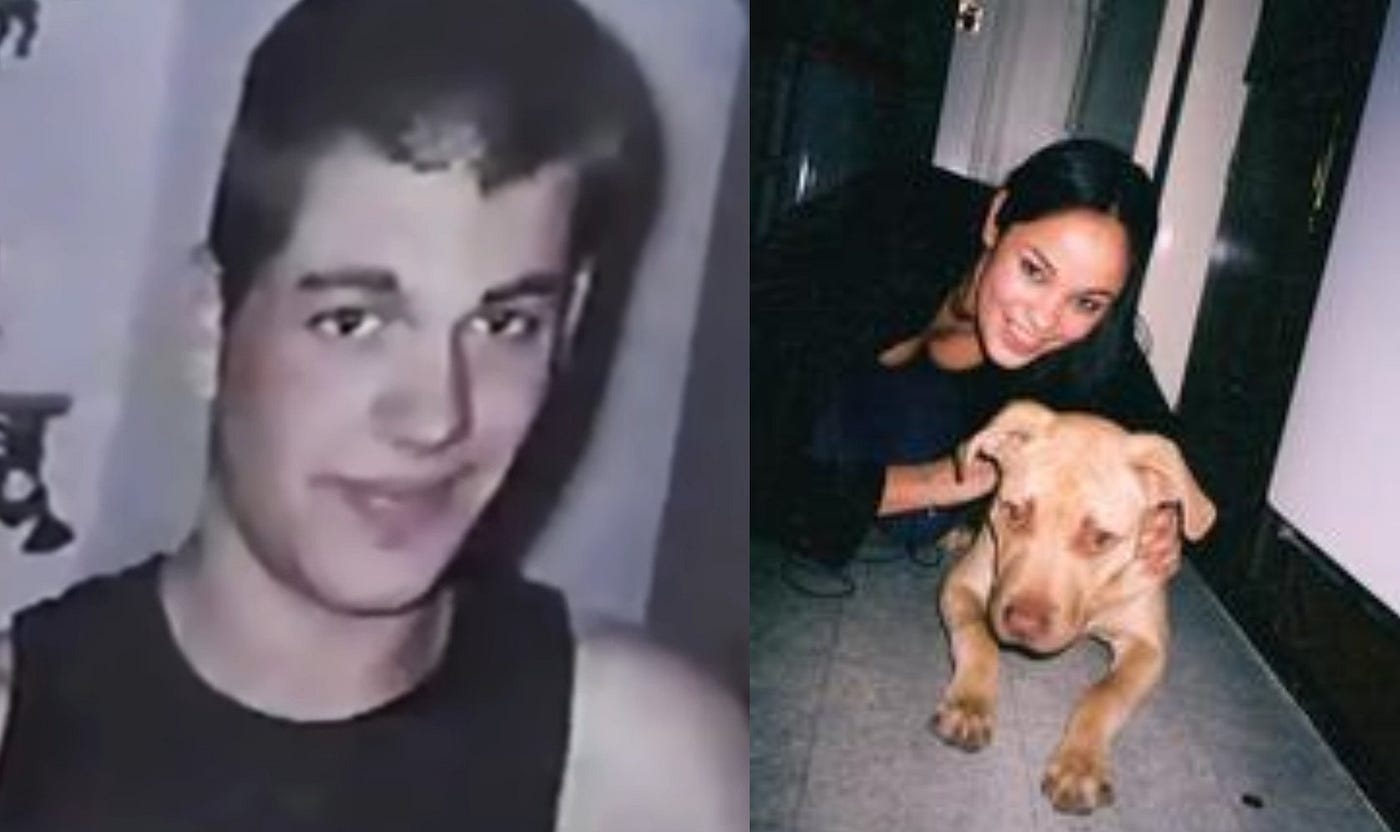
In the intricate web of criminal justice, few cases capture the public’s attention and provoke contemplation quite like that of Ryan Waller. This enigmatic saga, laden with elements such as police misconduct, attempted murder, and legal intricacies, has become a focal point of debate, leaving society to grapple with questions about the reliability of eyewitness testimony and the ethical dimensions of a life sentence without the possibility of parole.
The Jury: Guardians of Justice or Arbiters of Ambiguity?
At the core of Waller’s narrative lies the solemn responsibility of the jury, tasked with deciphering a labyrinthine sequence of events and determining the guilt or innocence of the accused. The jury becomes the linchpin in a system where the consequences are as profound as life imprisonment. As Waller’s case unfolds, the role of these individuals becomes all the more pivotal in shaping the course of justice.
Eyewitnesses and the Fragility of Perception
Eyewitness testimony, a cornerstone of criminal trials, is paradoxically both compelling and fraught with vulnerabilities. In Waller’s case, eyewitnesses played a pivotal role in shaping the narrative, their recollections becoming threads that wove the fabric of guilt or innocence. The question that lingers, however, is whether human perception can be trusted implicitly, especially when the stakes are as high as a life sentence.
Unraveling Police Misconduct: A Thorn in the Criminal Justice System
Allegations of police misconduct cast a shadow over Waller’s case, forcing society to confront uncomfortable truths about the institutions designed to uphold justice. The police department’s integrity becomes a focal point of inquiry, raising questions about the methods employed in the investigation, the handling of evidence, and the potential impact on the case’s outcome.
Burglary, Attempted Murder, and the Specter of First-Degree Charges
Waller’s journey through the legal system is punctuated by charges that carry the weight of moral condemnation – burglary and attempted murder. The specter of first-degree charges looms large, demanding meticulous scrutiny of the circumstances surrounding the alleged crimes. The legal proceedings force us to confront the gravity of these accusations and the nuances that distinguish first-degree from lesser offenses.
Life in Prison Without Parole: A Controversial Verdict
The prospect of life in prison without parole adds an additional layer of complexity to Waller’s case. Advocates argue that such a sentence serves as a deterrent and a form of retribution, while critics question its ethical dimensions. Waller’s fate becomes a touchstone for a broader conversation about the purpose and morality of imposing sentences that extinguish all hope of redemption or rehabilitation.
Felony Murder and the Thin Line Between Accomplice and Perpetrator
The concept of felony murder further complicates Waller’s legal journey, blurring the line between an active perpetrator and an unwitting accomplice. As the case unfolds, the nuances of criminal culpability come to the forefront, challenging our preconceptions about guilt, innocence, and the just allocation of punishment.
Navigating Legal Waters: Plea Deals and Legal Action
In the face of mounting legal challenges, the specter of a plea deal looms over Waller’s case. The strategic calculus of accepting or rejecting such an offer becomes a pivotal moment, reflecting the delicate balance between maintaining innocence and mitigating potential consequences. Legal actions, both taken and contemplated, add layers of complexity to an already intricate narrative.
Life Without the Possibility of Parole: A Verdict That Echoes Through Generations
The imposition of a life sentence without the possibility of parole reverberates beyond the confines of the courtroom. Waller’s story becomes a cautionary tale, prompting society to reflect on the enduring consequences of judicial decisions. The weight of such a sentence underscores the irreversible nature of certain legal judgments, raising profound moral and ethical questions.
Murders, First Degree, and the Trajectory of a Life Sentence
As the narrative unfolds, the gravity of the murders attributed to Waller takes center stage. The distinction between first-degree and other degrees of murder becomes a pivotal point of contention, emphasizing the need for a nuanced understanding of the circumstances surrounding the alleged crimes. The trajectory of a life sentence hinges on the precise delineation of culpability.
A Glimpse into Life Behind Bars: The Reality of a Felony Conviction
The implications of a felony conviction extend beyond the courtroom, permeating every facet of the defendant’s life. Waller’s journey through the legal system provides a glimpse into the harsh realities of life behind bars, prompting society to examine the efficacy of a system that often prioritizes punitive measures over rehabilitation.
In the intricate tapestry of Ryan Waller‘s case, the threads of jury decisions, eyewitness accounts, police misconduct, and legal actions converge to create a narrative that challenges our perceptions of justice. As the legal saga unfolds, it compels society to grapple with profound questions about the reliability of the criminal justice system, the ethics of life sentences, and the enduring consequences of legal verdicts. Waller’s story stands as a stark reminder of the intricate dance between the pursuit of justice and the potential for human fallibility.


